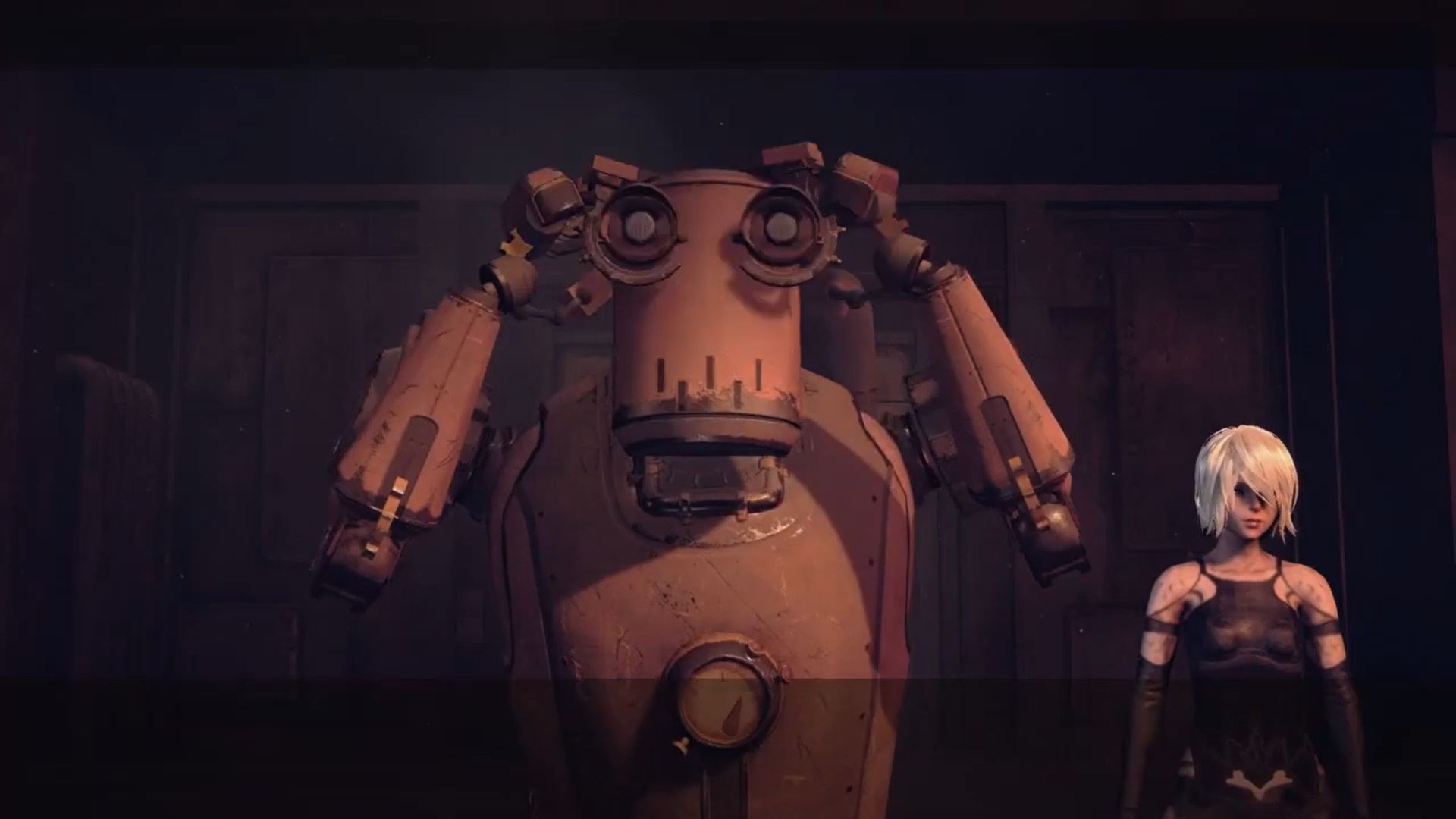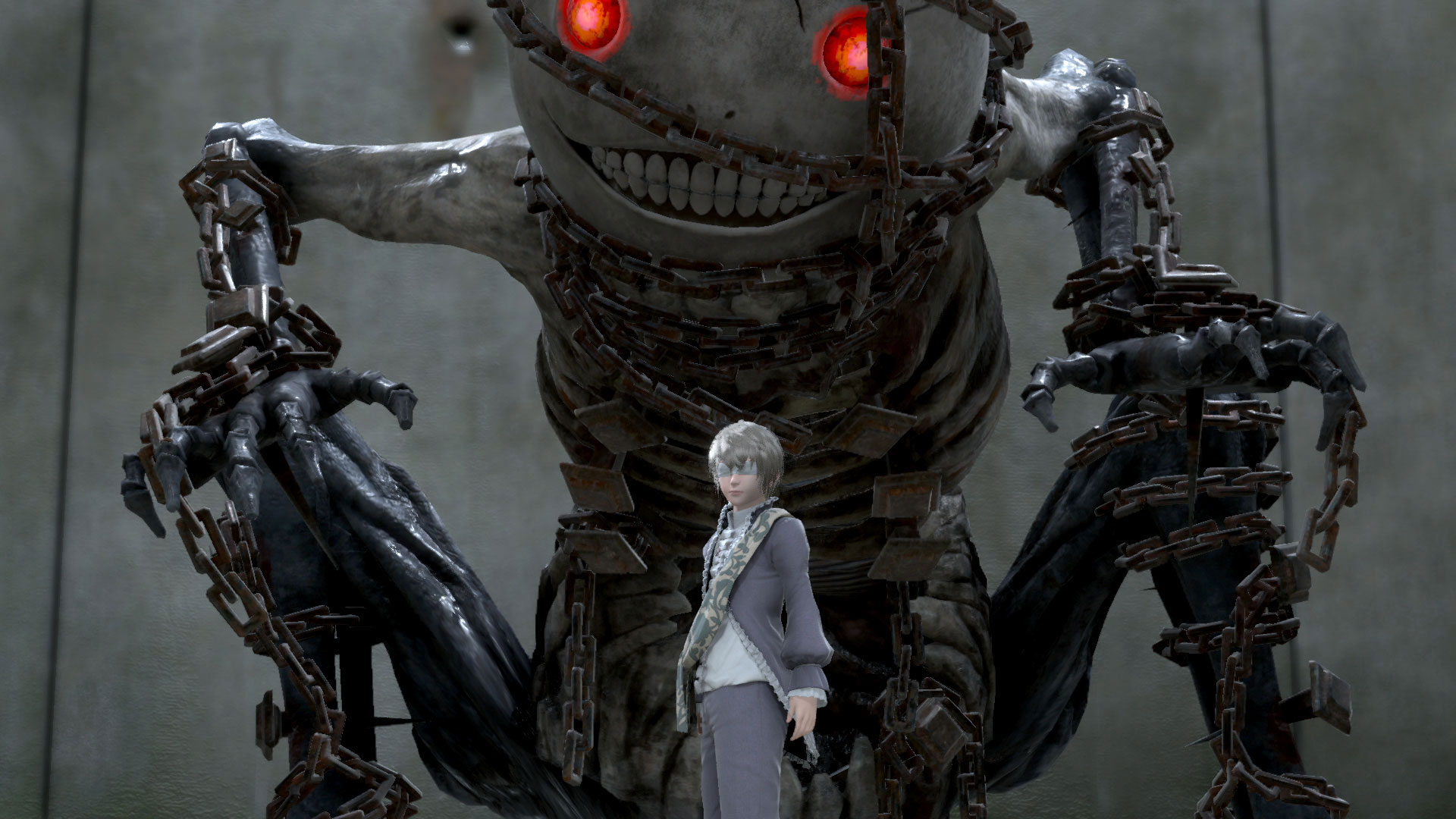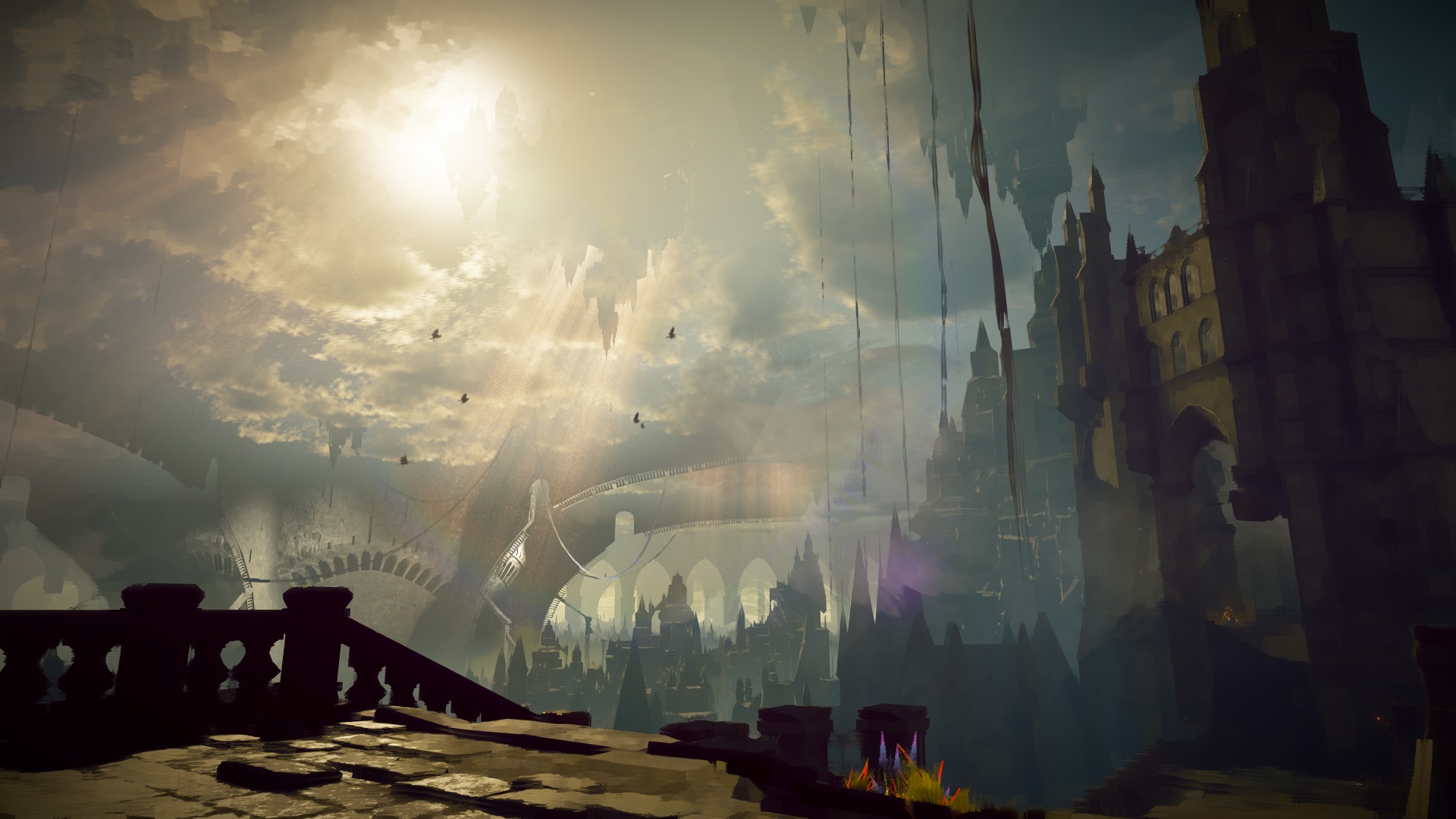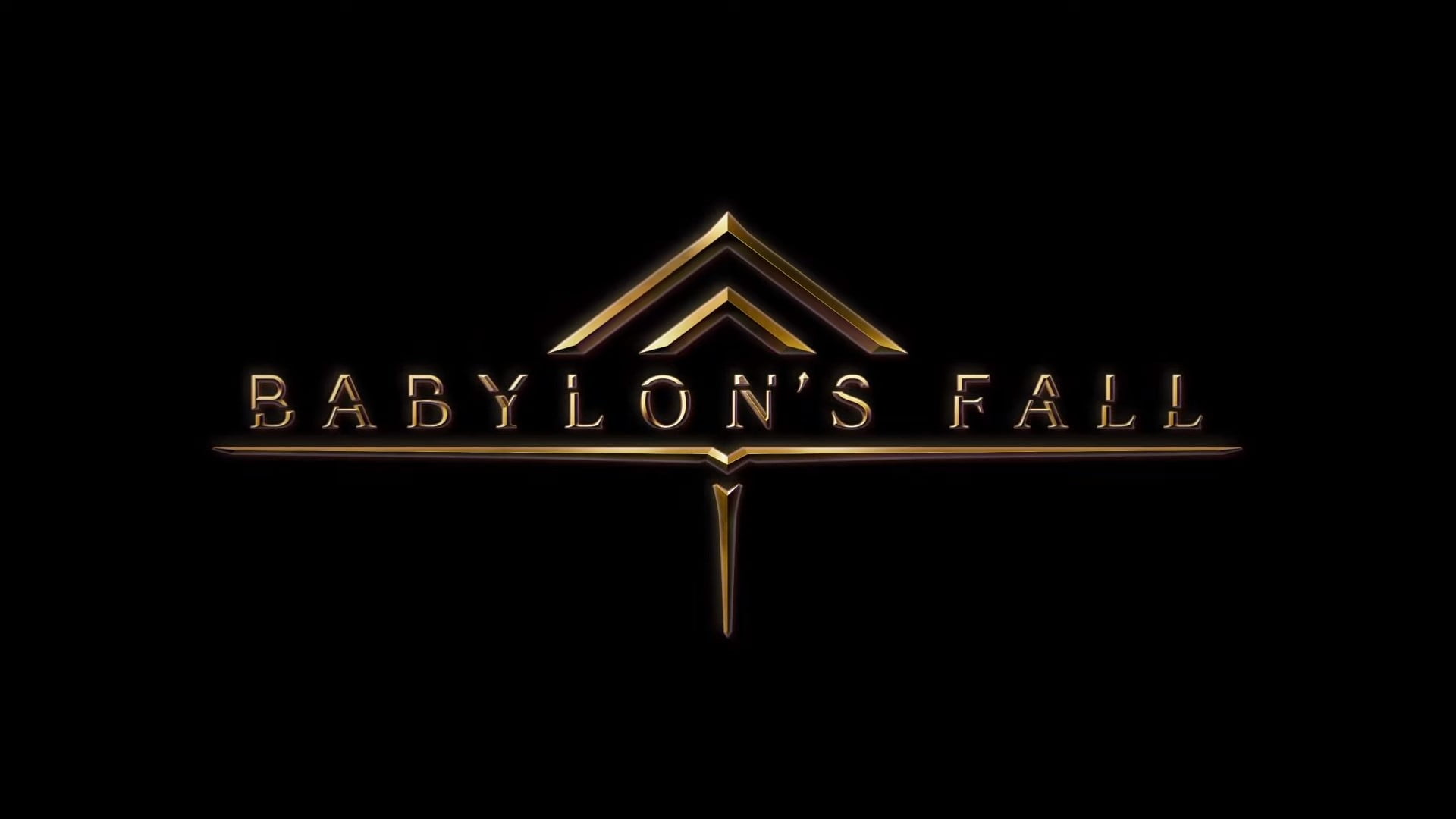
Nier: Automata Uses a Shop Menu to Disturb and Unsettle
I’ve found myself disturbed by corpses and unsettled by the actions of monsters in horror games, but Nier Automata pulled off something I haven’t seen before. And horror games have found all manner of ways to get under my skin over the years. Putting spooky faces on pause screens. Attacking me during loading screens. All manner of moments when I feel like I’m safe, but then the developers remind me I’m not. However, I can’t say I’ve ever been deeply disturbed by a shop menu before this game.
Spoilers ahead!
Content Warning: Self Harm, Suicide
Throughout the game, you guide 2B and a number of characters in their battles with machine forces. It seems like a fairly straightforward mission at first. Things keep getting stranger as you progress, though. The people in charge aren’t who they seem. Your mission is suspect. Your reasons for fighting the machines seem pretty sketchy. And things only get more complex, dark, and depressing as you dig deeper.
The first time Nier Automata really made me question my motivations was when I met a robot named Pascal. Pascal is the leader of a village of peaceful machine beings. Seems kind of odd when you’ve been fighting a hive-mind of machines all out to kill you until this point. I honestly suspected he was going to turn on me in the future. Figured that his village would turn around and attack me once I let down my guard. It was an interesting thing to see the game poison me with the same fearful outlook as the protagonists. They were all wary of any robot that didn’t attack them outright. Couldn’t trust any machine no matter what it said or did. I wasn’t expecting to view all machine creatures with that same suspicion and readiness to kill.

Throughout the game, Pascal hops in to help you with the machine threats, arming you with information or the tools to win. You also get to know the village inhabitants, meeting the quirky, oddly-human robots that inhabit it. Find their missing friends and siblings in the desert. You make toys for their children. Listen to their deep thinkers. You help around the neighborhood. It wears your suspicions down in taking part in these tasks. Also makes you feel a little ashamed for your mistrust to begin with. At least, I did.
Nier Automata doesn’t go easy on its characters no matter how much you like them, though. In a later point in the game, the residents of Pascal’s village turn on one another. They violently rip each other to pieces, devouring their neighbors in a zombie-like fashion. It’s a disturbing moment where you’ll wade through the bodies of those nice robots you learned to care about, killing those who went berserk. But Pascal at least got the children to safety.
But those children, facing the world alone without their families and neighbours, choose to take their own lives while you’re busy somewhere else. Pascal cannot handle the grief, and, being a machine, asks you to help him by deleting his memories. You have a choice in the matter, and I did what he asked. The deletion process involves you blowing up little cores in his mind as the childrens’ voices echo in his head. It’s a dark, terribly sad moment. One I hoped would save him from a pain he couldn’t handle.

This has all been a long lead-up to the point I wanted to make. It’s important to know that Nier Automata carried me through an array of emotions on the way here, though. I was suspicious of these nice, cheerful robots. Then, I learned to care about them. After that, I got to feel the pain of watching them die, and the further pain of seeing the rest kill themselves out of fear. It’s a heart-wrenching journey to take, but the horror I felt at seeing a room filled with dead child robots didn’t hit me as hard as what came next.
You can go back to the burnt-out machine village if you like. Not much of anyone is there save for the corpses of several fallen machines. Some of them recognizable as your old quest-givers and friends. Pascal is here, though. He’s wandering around, seemingly unsure of who anyone is or what’s he’s doing. He’s cleaning up around the village. And he has some scrap to sell to make some money. You’re likely guessing where this is going, now.
If you open Pascal’s shop menu, you get to see the most horrifying thing in Nier Automata. In his shop, he’s selling the body parts of his beloved friends and robot children. Because of the actions I took, he no longer remembers them enough to know what he’s doing. But I remember. I can recall those adorable little robots asking me to build toys for them. To play with them. And now, he’s selling their torn body parts and severed heads.

This hit me hard, taking me through a variety of emotions all in a rush. It was sickening how I deleted Pascal’s love and memories of others with a few gestures and a single choice. How I eradicated that love from reality with a quick decision I made. If the past Pascal could see what he was doing now, he’d have been as disturbed as I was. I couldn’t help but think of how, no matter how much love we feel and spread to others, that we can be nothing more than valuable parts when we’re gone. How, when the electrical impulses that form memories fade away, that we are nothing more than a clutch of interlocking and interconnected pieces.
Nier Automata forced me to face many uncomfortable thoughts the moment I saw that shop. Beyond my own mortality, and the mortalities of those I love, I have to question my relationship with machines. If we’re meat that thinks due to electrical impulses in our brains, what of the metal and wires we bring to a kind of life with electricity? What about the machines we use and discard with abandon? What will our relationship be to these things as the power of AI grows? Will we teach them love, only to delete and destroy them as we see fit? And what are we destroying if we delete their memories and lives? If we’re destroying love and family, what does it mean for our ourselves as we sell their parts and pieces?
Nier Automata asks us to question our relationships with machines and devices. It asks us to stare at the horror of our own existences and how fragile all of our love and meaning can be. This left me disturbed and deeply upset about my careless actions. It left me sad about what I’d done to a loving, caring person. And it did all of this with a few items in a single shop menu.




